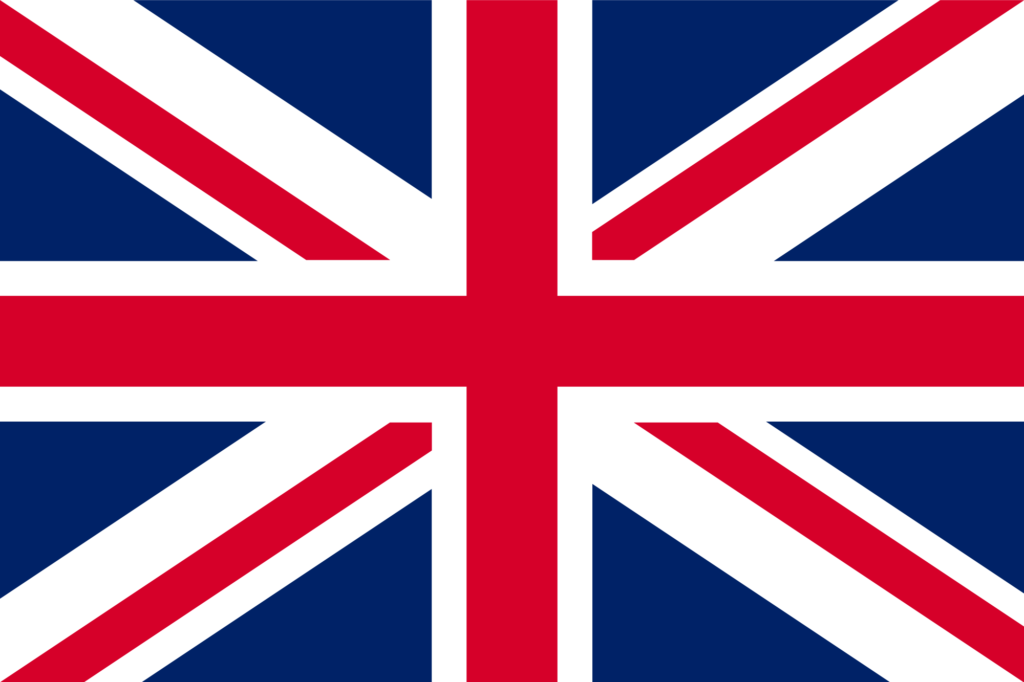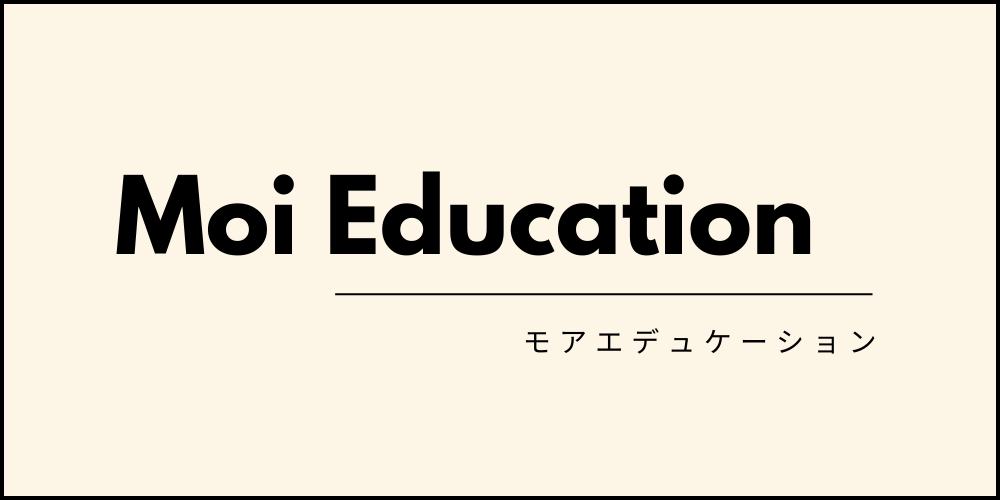Boarding Schools
Age
Primary, secondary and high school students
Minimum age accepted at boarding schools is 8 years old.
Advantages of studying abroad from primary and secondary school
Countries



(Applications to more than one country possible)

Studying abroad has always been dominated by university students, but in recent years more and more people are starting at an early age, with some entering boarding schools from a primary school age. Here, we introduce the advantages of studying abroad for primary, secondary and senior high school students.
(1) Fast learning
Compared to adults, teenagers have a high learning capacity. By interacting with various people in a new environment, you can learn not only the language but also become open-minded, which is not easy to achieve if you only stay in one country.
(2) Develop independency
By spending time without help from parents, students develop the ability to think and act themselves. This leads to an independency where you can solve problems alone or sometimes with others around them. The friends you make through your journey will last for a lifetime.
(3) More opportinities
Language skills and experience of living abroad give you more options for the future. For example, university and employment opportunities can be found not only in home country, but all over the world. Of course, there are many people who return to their home country for university or to work. Even in such cases, overseas experience can be advantageous because it makes you different from others.
(4) Easier entry to world universities
It is rarely possible to enter an overseas university directly from a Japanese high school, which means that students need to go through a preparatory course (Foundation Course) or an international high school degree.
For example, UK universities do not accept Japanese high school diplomas, so if you go to study in the UK after graduating from a typical Japanese high school, you will have to first take the one-year Foundation Course or the two-year high school curriculum such as A-level or IB before applying to universites.
For Japanese students who start their studies in the UK after graduating from a from high school, the most common pathway is to take the Foundation Course. However, top universities such as Oxford and Cambridge, and some courses such as medicine, cannot be entered via Foundation Course and require A-levels or IB degrees.
This delays the time of entry to university, so studying abroad from junior or senior high school is a valid option for those who are considering entering an overseas university in the future.
→University entrance examinations in the UK



